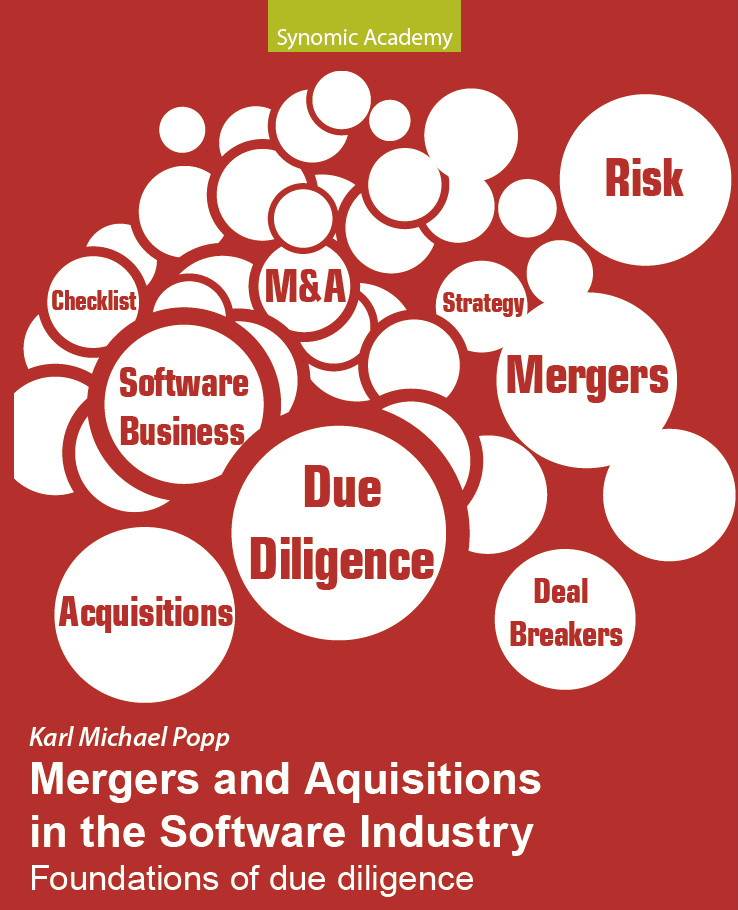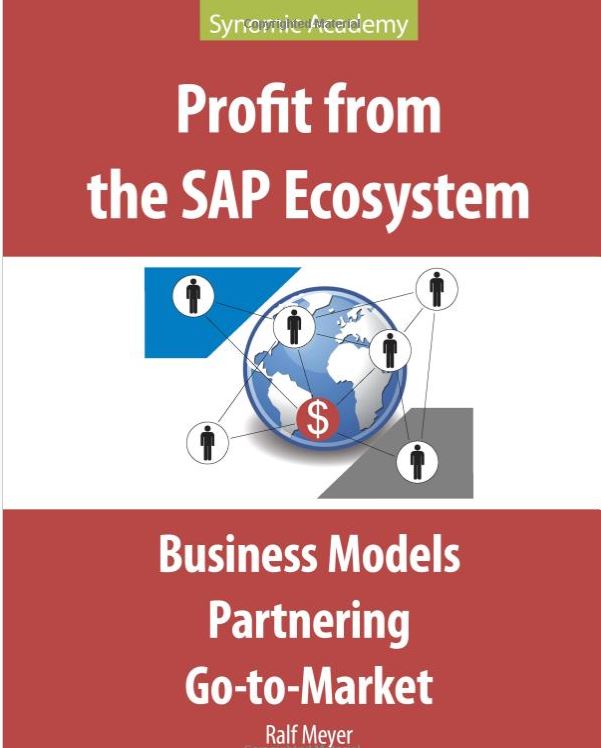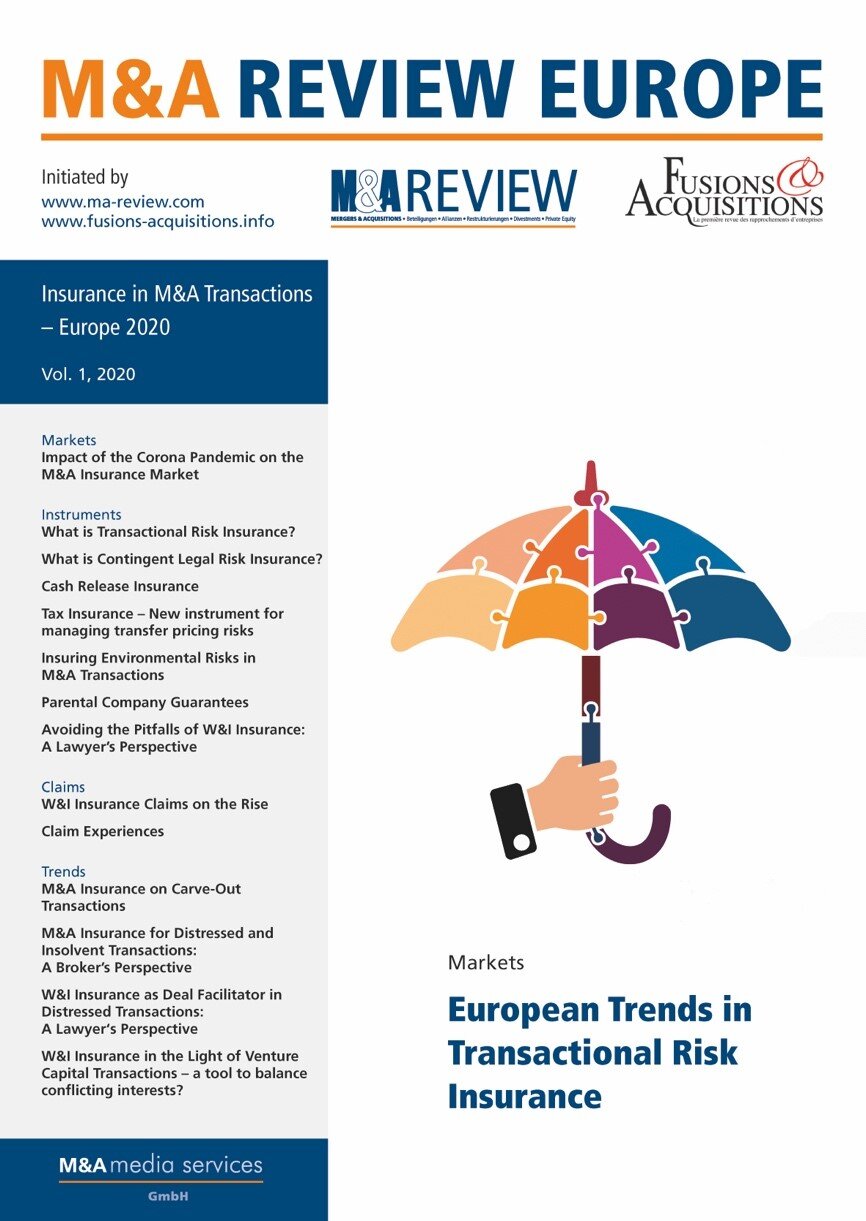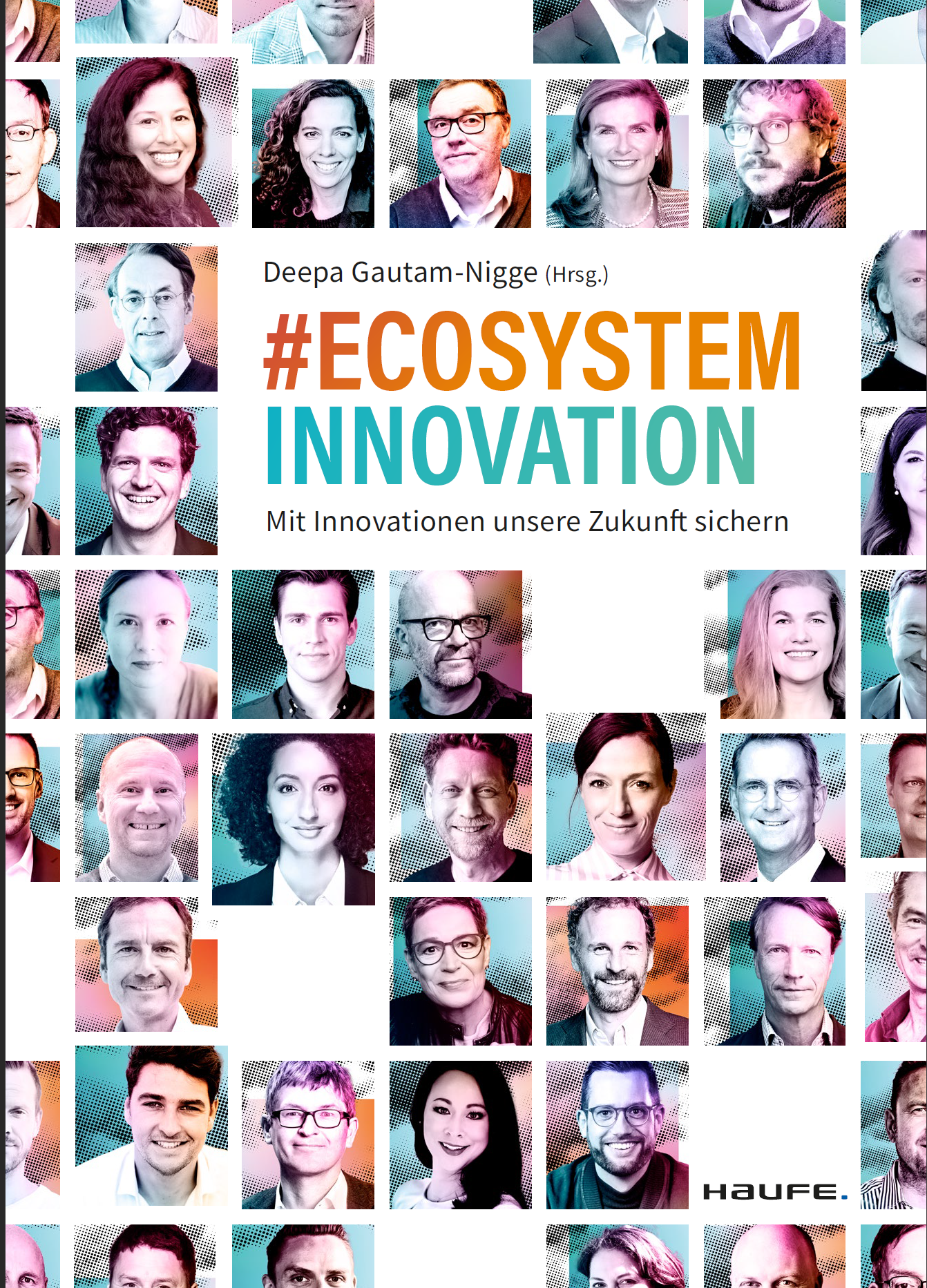Will a shortage of M&A experts push automation in M&A processes?
Mergers and acquisitions (M&A) transactions entail intricate negotiations, thorough due diligence, and the amalgamation of various systems and procedures. Historically, these responsibilities have been managed by experienced professionals possessing substantial expertise in M&A. Nevertheless, the escalating volume and complexity of M&A transactions have resulted in a deficit of such specialists, rendering it progressively arduous to identify suitable talent.
The scarcity of M&A professionals has induced organizations to explore novel approaches for enhancing efficiency and efficacy within their activities. Given the persisting vacancies in key roles, firms are progressively looking towards automation as a strategic instrument for refining and optimizing their procedures.
Through the utilization of technology, companies can automate numerous facets of the M&A process. For example, advanced data analytics tools can facilitate the due diligence process by swiftly and accurately scrutinizing extensive data sets to pinpoint potential risks and opportunities. Similarly, automation can streamline financial modeling and forecasts, diminishing the dependency on manual computations and enhancing precision.
Automation not only heightens efficiency but also alleviates the risks associated with human oversight. M&A transactions are intricate and demand meticulous attention to detail. Manual procedures are susceptible to errors and omissions, which can yield significant ramifications. Conversely, automation diminishes the probability of errors, ensuring a smoother and mistake-free M&A process.
Moreover, automation enables the swift execution of M&A transactions. By automating repetitive tasks, companies can expedite the overall process, thereby seizing market opportunities more effectively and maintaining a competitive edge.
It is imperative to recognize that while automation can optimize efficiency and mitigate risks, it should not be perceived as a substitute for M&A professionals. Rather, it should be regarded as a supplementary tool that enhances the competencies of experts in the field. Human expertise, intuition, and negotiation prowess remain indispensable in the realm of M&A.
In conclusion, the deficit of M&A professionals might expedite the adoption of automation in M&A operations. It is increasingly evident that organizations must devise innovative solutions to bridge the talent gap in this domain. Automation provides a means to streamline processes, boost efficiency, and minimize risks. Through the integration of technology alongside expert knowledge, companies can navigate the intricate landscape of M&A with greater dexterity and triumph.







